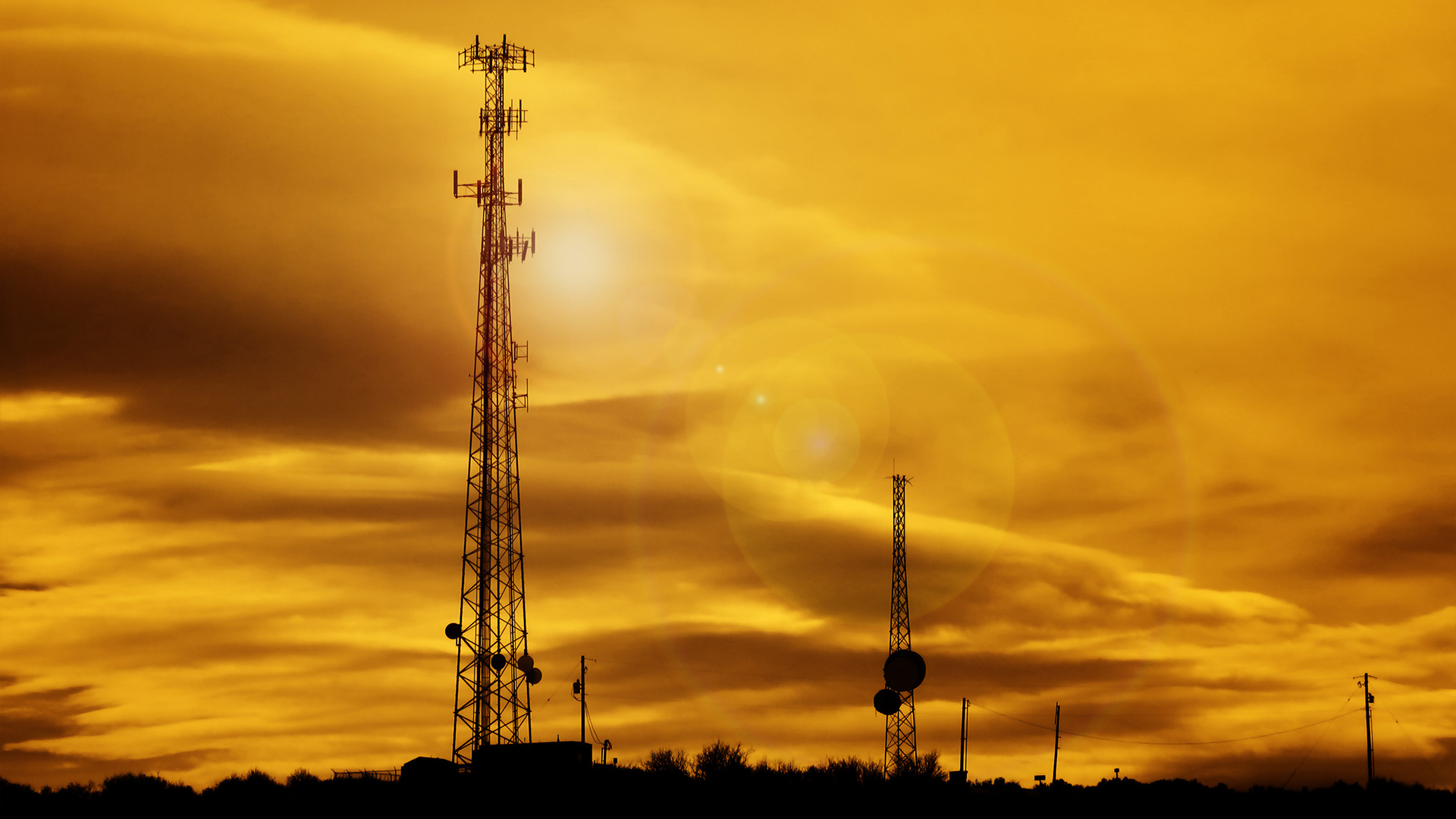[ad_1]

The Chicago Police Department will encrypt all of its radio transmissions by the end of the year to protect officers — a move that is drawing criticism for its impact on transparency.
Superintendent David Brown said the main reason for the encryption is to protect CPD officers, noting the increase in officer shootings over the past year.
“There’s no secrecy or lack of transparency. It’s just related to officer safety. We don’t want any nefarious (radio traffic) to lead to officers being injured or hurt,” Brown said. “Because our job is not just difficult, it’s very dangerous.”
According to the city’s Office of Emergency Management and Communications, police radio transmissions will still be available to the public on the online audio platform Broadcastify, only with a 30-minute delay.
The transmissions are free to the public and do not cost the city.
A spokesman with the company said they have been working with the city for a year.
Officials added that the Broadcastify transmissions are direct audio feeds from the OEMC. Dispatchers also have the ability to pause the transmissions when personally identifiable information is discussed.
However, critics say the change limits the real-time information journalists and citizens have traditionally been able to access.
Adam Scott Wandt, an assistant professor and vice chair for technology at the Department of Public Management at John Jay College of Criminal Justice, expressed concern about the policy.
“Then there’s a whole other class, and that’s the class of reporters in the media, and I am a firm believer in government transparency and accountability,” Wandt said. “And it certainly worries me, significantly worries me. If the police lock the media out of live radio broadcasts, it, in my opinion, certainly reduces the level of accountability that police departments will face.”
City officials claimed the encryption is intended to prevent harmful “rogue radio” calls. They argued that these calls put officers in danger by adding comments and other chatter to police traffic.
Chicago police radio communication has long been publicly available through programmed scanners or online applications.
There is even a large community of social media users who post updates of information gathered from scanners regarding shootings, protests, weather and traffic updates to platforms like Twitter and Facebook.
However, starting in 2017, the CPD began to shift from analog-encrypted channels to digitally-encrypted channels and steadily began to secure the channels from the public.
Chicago police communication is split into several radio zones. Over the past year, the majority of south side Chicago has become encrypted.
The OEMC cited incidents of “disruptive communication” — such as when fake emergencies were called in using audio recordings from past incidents — as putting officers in danger.
Wandt also noted that police radio has been used to avoid DUI checkpoints and evade police after committing a crime.
The city plans to phase in the encryption to cover all radio zones by the end of 2022.
Richard Guidice, executive director of OEMC, said the office receives around 7,300 to 13,000 calls in a day, and encryption will protect not only officers but victims as well. The personal identification of victims, suspects, witnesses and juveniles will thus be kept private.
Chicago Fire Department radio channels will remain unencrypted, in addition to police channels that are intended to communicate with other public agencies.
Despite his concern, Wandt understands the reason for the change.
“If you are a victim of a crime, would you want your name being broadcasted over the radio — hundreds, if not thousands of people listening and recording it, streaming it?” he asked. “And at the same time, if you were a police officer involved in a tactical operation, could it put your safety in danger to broadcast on an unencrypted channel? The answer is ‘yes.’”
Other agencies in major cities such as Denver, San Francisco, San Jose and Louisville have also fully encrypted their digital radio channels.
The move has spurred legislation attempts (in Colorado, for instance) to allow journalists access to encrypted transmissions.
So far, news media does not have access to police communications in these cities.
“I don’t know that there’s been a lot of cases where journalists have misused their access to police radio transmissions,” said Jeff Roberts with the Colorado Freedom of Information Coalition. “I think we are losing something by not having news media access to scanner traffic. We’re losing the public’s ability to know more about crime in their cities and to know about how law enforcement responds to crime in the cities.”
[ad_2]




